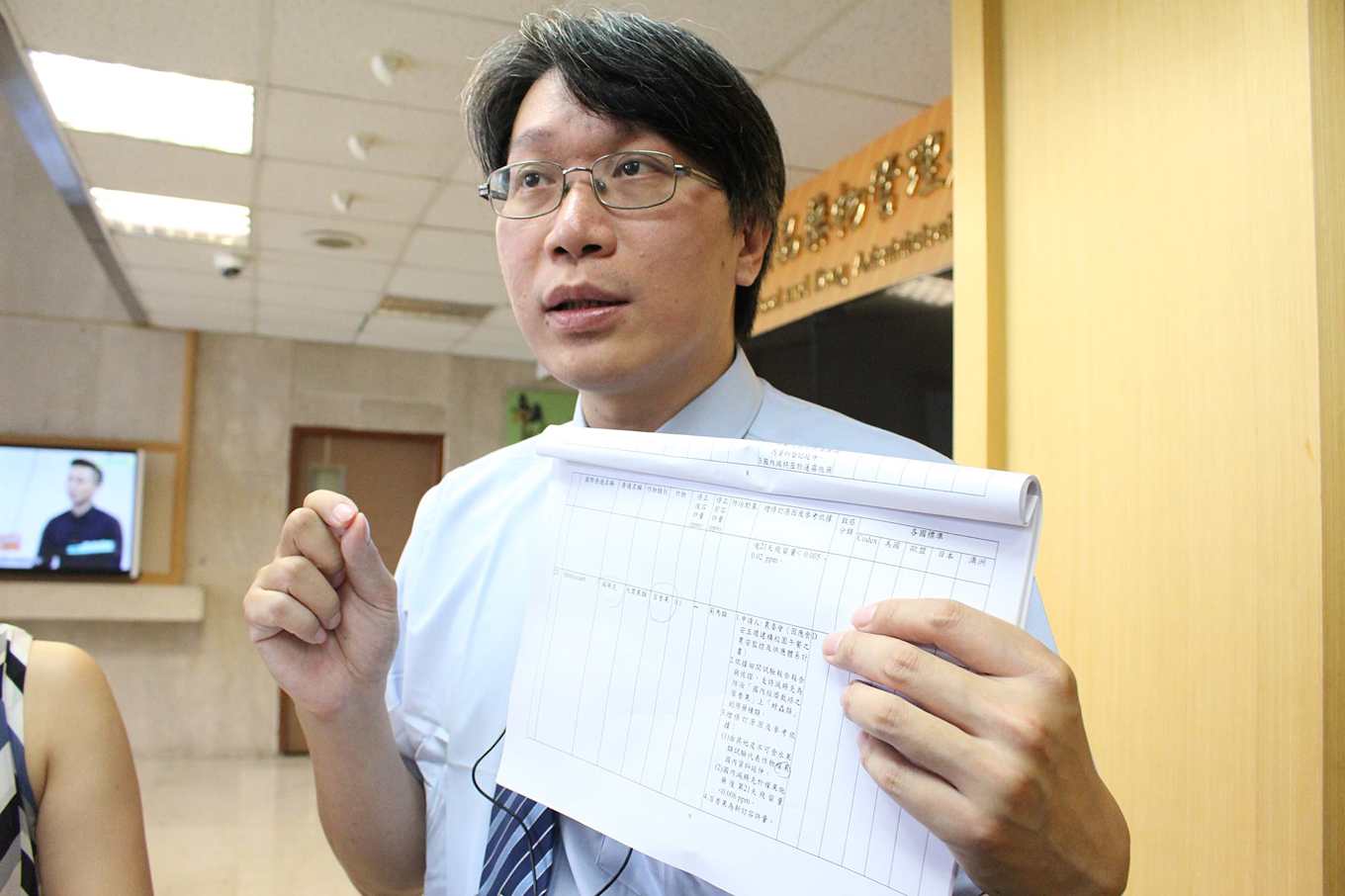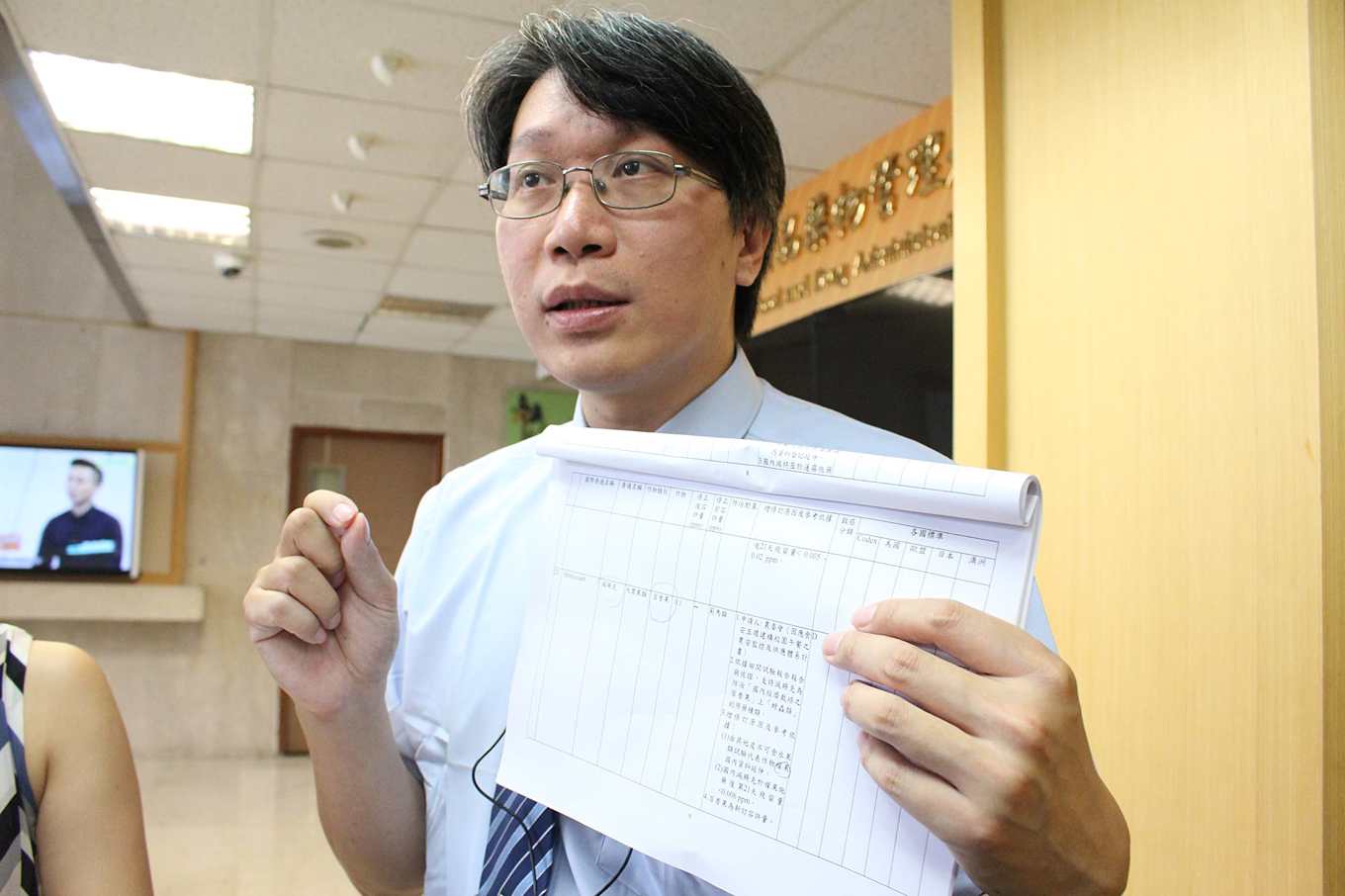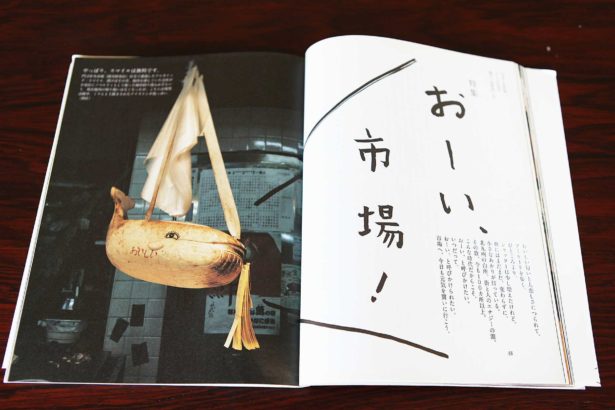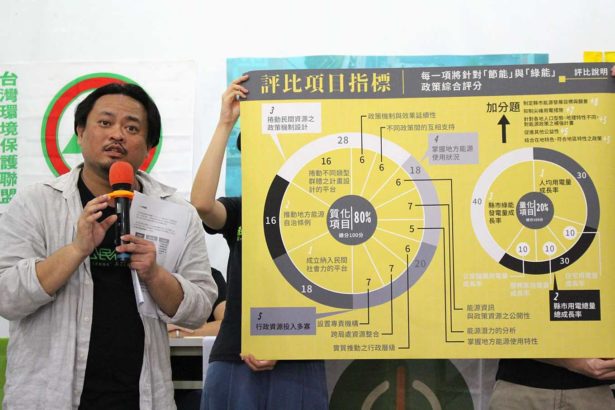The Food and Drug Administration has revised the tolerance standard for pesticide residues, adding new tea drugs and reducing the allowable amount of highly toxic pesticides.
Share + 1 Tweet Email
On the 12th, the Food and Drug Administration of the Ministry of Health and Welfare issued an amendment to the "Pesticide residue tolerance Standard" to increase the pesticide residues of "Saipifen" and "Saianbo" used in tea plants, which are 20ppm and 1.5ppm, respectively. At the same time, we should also consider the risk of food intake, tighten the control of pesticides, and reduce the residue standards for root vegetables, melons and fruits, miscellaneous grains, and so on. A total of 10 pesticides were increased and 43 residue allowances for all kinds of agricultural products were revised.
Little knowledge: Sepaifen is a new contact acaricide, which has selectivity, has no effect on beneficial insects, and can inhibit the activity of succinate dehydrogenase. It is recommended to be used in many kinds of wild damage control of fruit trees, vegetables, citrus and tea crops. On the other hand, Seambo can activate the fenidin receptor of insects, which leads to the depletion of intracellular calcium storage and paralysis of muscle. Suitable for larvae of Lepidoptera pests, thrips, aphids and so on.
Jiabao Fu vulgar called good year winter, for carbamates, is a systematic pesticide, because of its high toxicity, farmers in order to prevent sparrows, birds, farmers will soak rice in a good winter, scattered on the edge of the field to kill birds. In 2017, the Council of Agriculture announced that the sale and use of three highly toxic pesticides, including "40.64% plus Baofu water suspension", "44% plus Baofu water suspension" and "37.5% plus Baofu water-soluble bag wettable powder", were completely prohibited. Only "3% Jiabao Fu granule" is left, which is moderately toxic.
The outside world is worried that Xepaifen is a class C carcinogen. FDA: carefully assessed.
With regard to the concern that cypermethrin is classified as a class C carcinogen, but it is open for use in tea trees, Wei explained that both Saianbo and Sepaifen have applied for approval and registration for agropharmaceutical manufacturers, because the prevention and control of leaf mites must be sprayed with pesticides, but many of them are very early pesticides. After the same pesticide is used for a long time, it will develop drug resistance, causing farmers to continuously increase their doses, threatening public health and the environment and ecology. Therefore, relatively safe new agents are needed to avoid the problem of drug resistance caused by the constant use of old drugs.
As for toxicity, Wei Renting said that neither the Environmental Protection Agency of the United States nor the International Center for Cancer Research had included Cepafen on the list of carcinogens. However, with reference to its toxicity data, the FDA found that there might be a risk of uterine tumor in female rats, but the risk to humans was very low, so it approved its use and set a residue standard.
Japan Saipaifen tea residue allowance 60ppm, Taiwan formulated 20ppm
However, in the world, only Japan has approved the use of cypermethrin for tea trees, but neither the United States nor Europe has approved it. Should Taiwan make a more careful assessment?. Wei responded that if the crop had not been planted, the pesticide would not have been approved in the first place. In different production environments, all kinds of crops have different control needs, and each country sets the tolerance of pesticide residues according to its own needs.
In the case of tea, for example, if there is a demand for planting in Asian countries, there will be a demand for drug control. Wei Renting points out, "the Japanese drink a lot of tea, but they order the residual amount of cyclifen tea to be 60ppm." The Food and Drug Administration assessed the domestic situation and concluded that Taiwan's residual allowance (20ppm) was safe.


Wei Renting, Deputy head of the Food Section of the Food and Drug Department (Photo / Liu Yixin)
The allowance for pesticide residues in Jiabuofu has been substantially revised down.
In addition, Wei also explained that in addition to the need for new agents to avoid drug resistance, set a safe tolerance. The Food and Drug Administration will also make a continuous assessment of the existing pesticide residue allowance in order to increase protection and support the past data show that public exposure is slightly high, so this announcement also reduces its residue tolerance to reduce the risk of public intake.
With the addition of Bao Fu pesticide residue tolerance, leafy vegetables decreased from 0.5ppm to 0.1ppm, melons and fruits from 1.0ppm to 0.1ppm, rice from 0.5ppm to 0.1ppm, citrus from 2.0ppm to 0.5ppm, rhizome vegetables from 0.5ppm to 0.1ppm, and miscellaneous grains from 0.5ppm to 0.05ppm.
Prevention and Inspection Bureau: pesticide residue tolerance standards on the road, violators will be dealt with in accordance with the law.
Zou Huijuan, deputy director of the Prevention and Inspection Bureau, said that both Saipaifen and Saianbo were applications from pesticide companies. In accordance with the relevant regulations, the Prevention and Inspection Bureau tested drug residues in the field, acute chronic toxicology, and carcinogenicity, and held a meeting of experts and scholars. after passing it, it will be handed over to the Ministry of Health and Fuzhou for follow-up risk assessment. Today, it has been announced at the same time as the Ministry of Health and Welfare that farmers can use cypifen and cyambo on tea trees from now on.
Zou also points out that according to scientific data, the total amount of food consumed by the public is on the high side, so the residue tolerance is revised down, and the Bureau of Prevention and Inspection will continue to evaluate high-dose and high-risk pesticides and ask them to lower their standards or exit. She stressed that there were no safety concerns when used in an approved method.
The Food and Drug Administration announced that the revised "Pesticide residue tolerance Standard" is officially on the road today. if it is found that there is a violation of the pesticide residue tolerance standard, it can be fined not less than NT $60,000 but not more than NT $200 million in violation of the Food Safety and Hygiene Administration Law. and the local government health bureau and the agricultural organ shall trace the source of supply and the cause of the residue and deal with it in accordance with the law.
Share + 1 Tweet Email
- Prev

Interview with Yuki Kageyama> Places are more interesting than Tokyo! Japanese local publications convey warmth and charm, showing local values
Interview with Yuki Kageyama "Places are more interesting than Tokyo! Japanese local publications convey warmth and charm, showing local values
- Next

In the round-trip evaluation of the energy transformation of the county and municipal governments, Xinbei, Pingtung and Tainan ranked in the top three, while Taichung performed poorly.
In the round-trip evaluation of the energy transformation of the county and municipal governments, Xinbei, Pingtung and Tainan ranked in the top three, while Taichung performed poorly.
Related
- A course of planting techniques and methods on how to grow carrots
- How to plant the latest tulips?
- Is it better to pick tea in the morning or in the afternoon? When is the best time for tea to be picked? what is the third or fifth tea?
- Launch Yuanxiao Happy combination Haocha + Tea Yuan healthy Taste
- Penghu Tourism "Fireworks 20 Parade with You"
- 2022 West Lake Happiness holds "Digital Revitalization Voucher" and draws iphone13 and laptop.
- Banqiao Fuzhou social houses are designed to change start-up combined with police elimination to create a safe and livable environment
- The convenient measure of "mechanical weeding" in Xinbei has been abused and the Agriculture Bureau has imposed heavy penalties on the illegal land consolidation.
- Changgeng University Joins Hands with Four Memory Factories to Rescue Memory Talent Shortage
- The list of Taiwan's top 100 MVP managers is listed by the Director-General of the Farmers' Association of Sanxia District.

